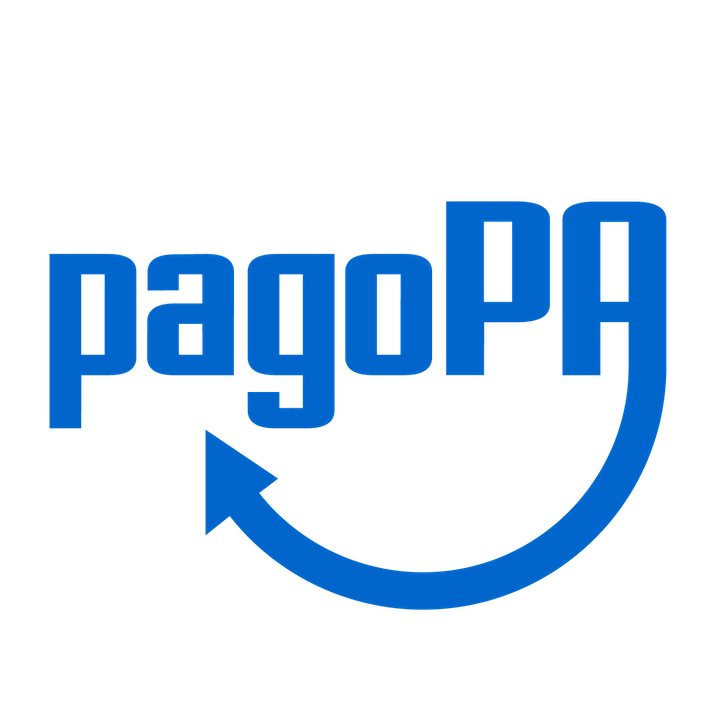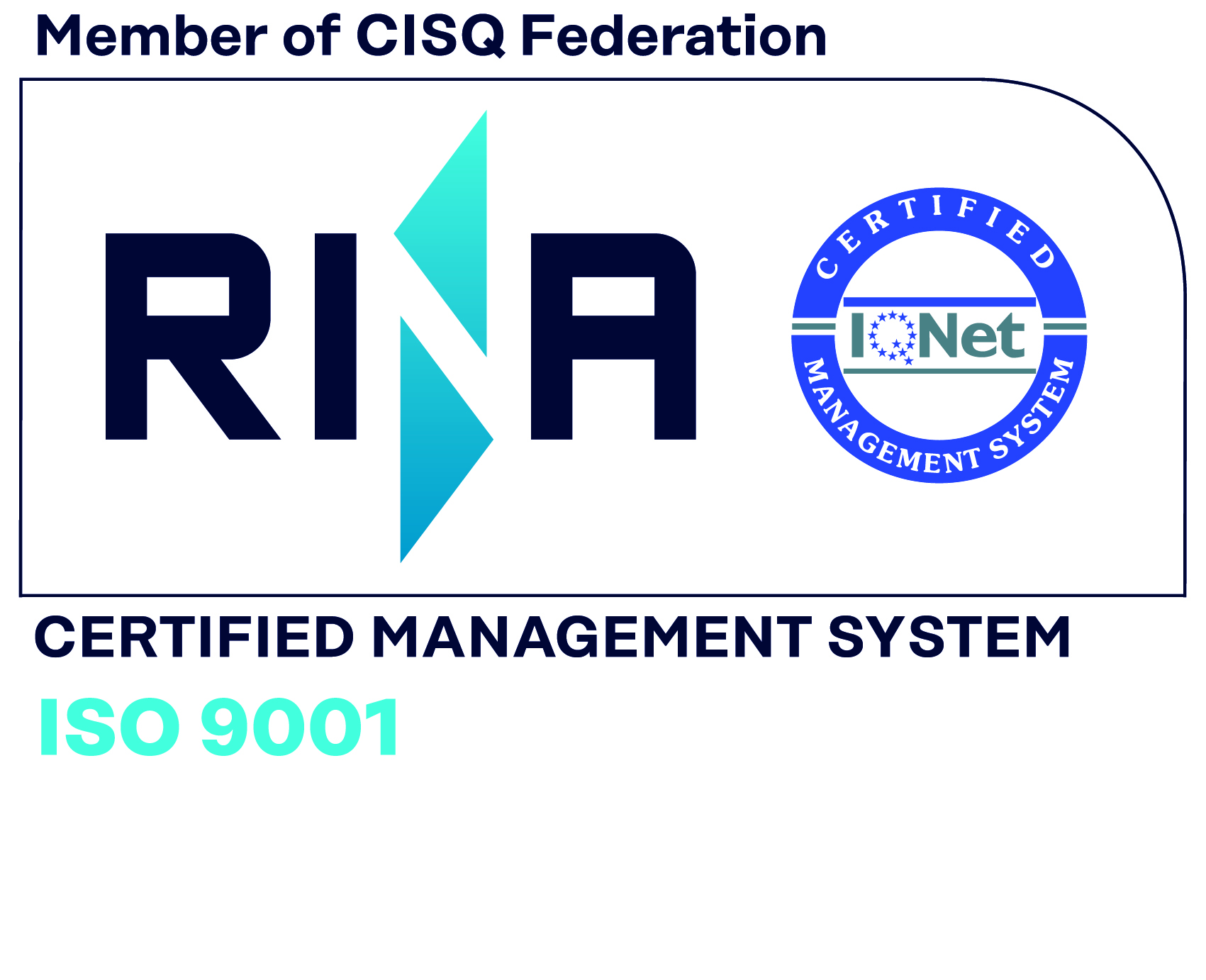New treatment perspectives for people with Parkinson’s disease
New treatment perspectives for people with Parkinson’s disease
23 January 2025
Comunicato stampa
Parkinson Institute of Milan at ASST G.Pini-CTO, University Hospital of Wuerzburg, and Newronika SpA Receive Research Funding from The Michael J. Fox Foundation to Develop Deep Brain Stimulation Technology for Treatment of Freezing of Gait in Parkinson’s Patients
The Parkinson Institute of Milan (ASST G. Pini-CTO), the Department of Neurology of the University Hospital of Wuerzburg, and Newronika SpA collaborates to launch a cutting-edge initiative to develop deep brain stimulation (DBS) technology capable of detecting and treating freezing of gait (FOG) episodes in Parkinson’s patients.
Under the leadership of Prof. Ioannis U. Isaias, the consortium is leveraging funding from The Michael J. Fox Foundation for Parkinson’s Research (MJFF) to address one of patients’ most unmet needs. The research will focus on utilizing brain-sensing technology and adaptive DBS systems developed by Newronika SpA to detect FOG episodes and dynamically adjust stimulation waveforms to prevent or interrupt them.
Pioneering Personalized Neuromodulation
“This study is a pivotal step toward personalized neuromodulation,” said Prof. Isaias. “Our goal is to restore proper brain function during walking by tailoring DBS to individual symptoms and daily activities like gait. Thanks to funding support from The Michael J. Fox Foundation, we are entering a new era of advanced therapeutic solutions for Parkinson’s patients.”
The collaboration brings together clinical researchers, biomedical engineers and machine learning experts among others, to identify brain signals and stimulation parameters that will enable automatic treatment of FOG. The study will be conducted at the Parkinson Institute of Milan and the University Hospital of Wuerzburg.
Innovative Technology with Immediate Impact
Newronika’s AlphaDBS system is at the heart of this research. The system’s software can be upgraded non-invasively, allowing already-implanted patients to participate in the study. “Our commitment is to push the boundaries of DBS technology and make a tangible difference for patients experiencing freezing of gait,” said Dr. Lorenzo Rossi, co-founder of Newronika.
A Global Effort to Transform Care
MJFF’s “Freezing of Gait in Parkinson’s Disease Research Program,” aims to address critical gaps in understanding the pathophysiology of FOG and balance disorders in Parkinson’s disease. By fostering innovative therapeutic approaches, the Foundation seeks to improve patient outcomes worldwide.
“The Michael J. Fox Foundation’s mission is to accelerate research and development aimed at addressing the critical needs of people living with Parkinson’s disease,” said Katharina Klapper, MJFF’s principal clinical research specialist. “Supporting projects like tailored DBS in treating freezing of gait is an innovative direction in neuromodulation, which could ease some of the symptoms that are hardest to treat with available medications.”
About the Institution Partners
The Parkinson Institute of Milan is a renowned center specializing in Parkinson’s disease and related disorders, having served over 40,000 patients. It is a leader in clinical and epidemiological research, including genetic studies and advanced therapies.
The University Hospital of Wuerzburg is recognized for its great expertise in neuromodulation strategies for movement disorders, pioneering technologies like directional electrodes and DBS devices with “sensing” capabilities.
Newronika SpA is the spin-off company of two leading research institutions in Italy, the Policlinico Hospital of Milan and the University of Milan, developing AlphaDBS, a DBS system that received CE-mark certification for conventional mode. The system is now under review for adaptive mode operation, driven by positive European clinical trial data. Newronika SpA consists of a multidisciplinary team that includes among others researchers in neurophysiology, neurology, biomedical engineering, neuropsychology, bioinformatics and biotechnology.





